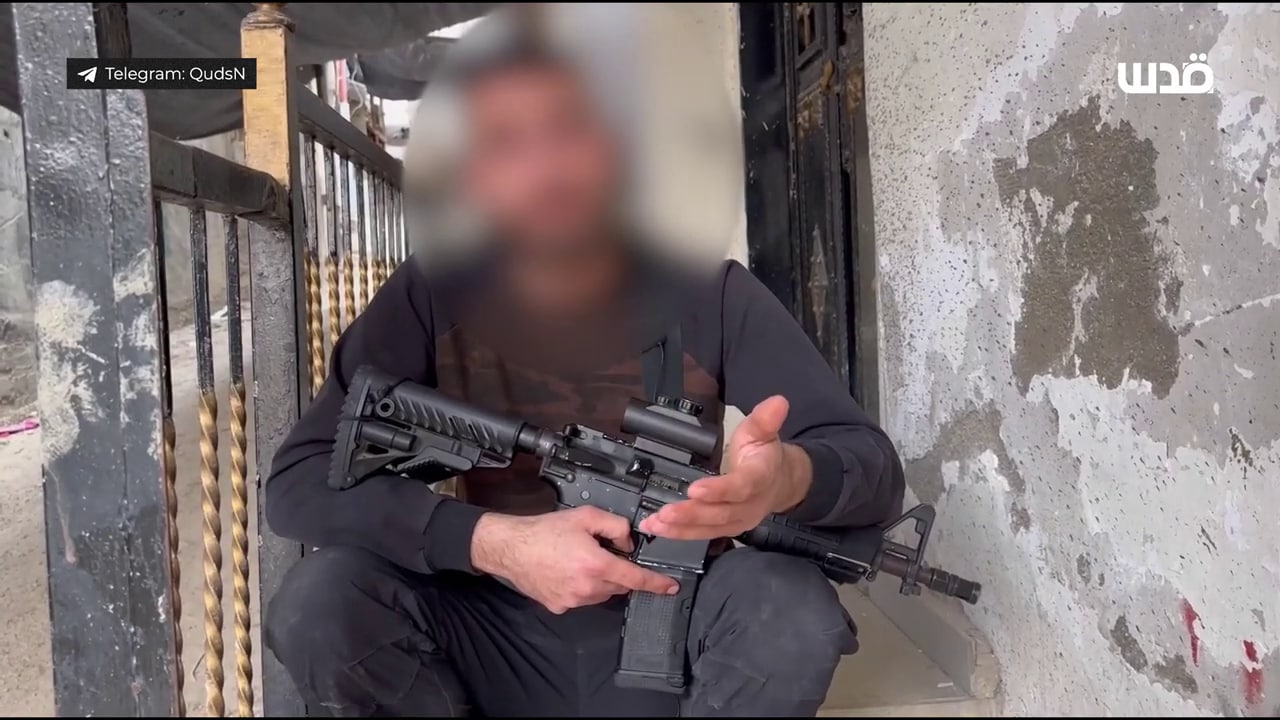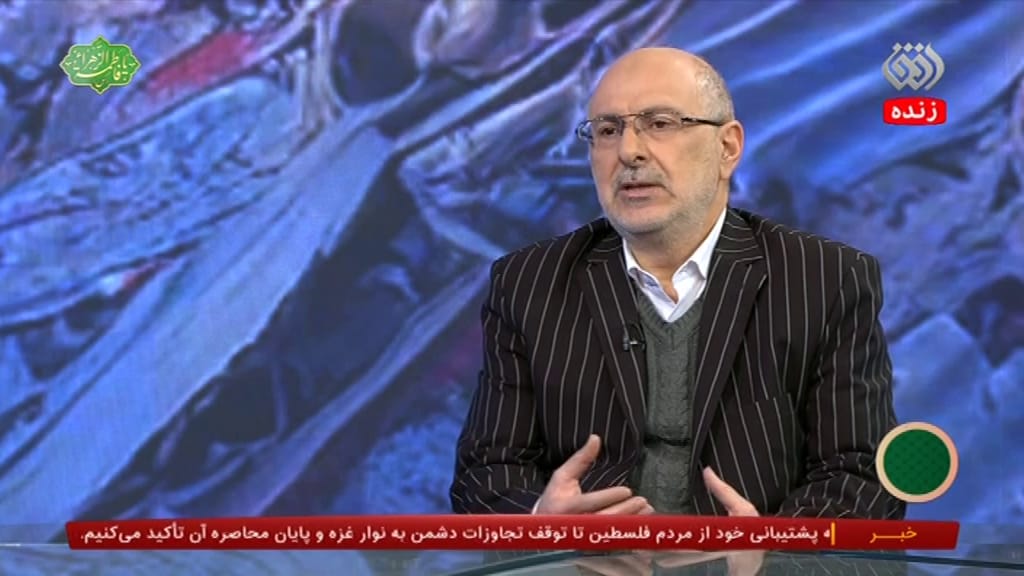
The following are excerpts from an interview with the presiding judge in the Saddam Hussein trial, Munir Haddad, which aired on Al-Arabiya TV on August 8, 2005
Interviewer: You have decided that the trial will be public, and open to the media and anyone who wants to attend.
Haddad: Our court is just and transparent. We have nothing to hide, and no reason for the trial not to be public. We always show footage on TV, of Saddam Hussein and others speaking freely about everything. We have nothing to hide.
[..]
Interviewer: Let's assume that in the Dijel case, which is the first case you have finished investigation, Saddam Hussein is sentenced to death - a while ago, Iraqi President Jalal Al-Talabani declared that he would not sign Saddam Hussein's execution warrent, but would leave it to his two deputies, since the execution must be approved by the presidential office.
Haddad: If Saddam Hussein is sentenced to death – although I am not allowed to discuss this, since as a judge, I cannot rule prematurely – Jalal Al-Talabani is a democratic man who believes in democracy. He is definitely not a man who would make such a serious decision alone. I am convinced that there will be a consensus in the presidential council.
Interviewer: If the Iraqi president does not sign the execution warrent, what is the alternative?
Haddad: For me, such serious decisions... Jalal Al-Talabani, the president of the republic, is a lawyer, and he is aware of the importance of such decisions. He knows the danger involved in each of the decisions, and this decision is up to him.
[..]
Haddad: As for my being a Kurd, or someone else being a Shiite or a Sunni, the court... The Iraqi people consists of Arabs, Kurds, Turkmen, Christians, Sunnis, Sabais, and Shiites. I believe all the ethnicities are represented in the court. Our purpose is not to take vengeance on Saddam Hussein. We are impartial. We always say this to the defendant, and we say this to the entire world. Our purpose is not to take vengeance on Saddam Hussein, and I personally told Judge Khalil Al-Dulaimi, who represents Saddam Hussein, that if they intend to take vengeance on me or kill me, it will be their loss because I am an impartial judge, and the same goes for all the judges.
Interviewer: Do you expect to be assassinated or killed?
Haddad: I do not fear my fate, but if they assassinate me, they should have a reason first. In any case, life is in the hands of Allah.
[...]
Haddad: We are deliberating 14 main charges in the trial of Saddam Hussein and of the top officials of his regime. The first case brought before the criminal court was Dijel. The Al-Dijel incident is well known. It is an area north of Baghdad, which was the site of an attempt on Saddam Hussein's life. Consequently... At least this is what he claimed... Consequently, Saddam Hussein executed between 135 and 145 people. The case was brought before the criminal court, and, Allah willing, a court date will be set soon. Withing 45 to 60 days, we will witness the first session of the special criminal court.
The second case, which is nearly ready, is the Al-Anfal case and the events of 1991. The case of the Al-Anfal campaign in Kurdistan is well known, as are the events of 1991, in southern and central Kurdistan. The fourth case, which is ready, or almost ready, is the annihilation of the Faili Kurds - This is a well-known incident. In 1980, between 9,000 and 12,000 young people were deported and executed in the Nuqrat Al-Salman jail. About 600,000 people were deported to Iran, according to decree 666. They were subject to the worst kind of treatment - the girls were raped on the border, their property was confiscated, and they were made to walk on landmines.













